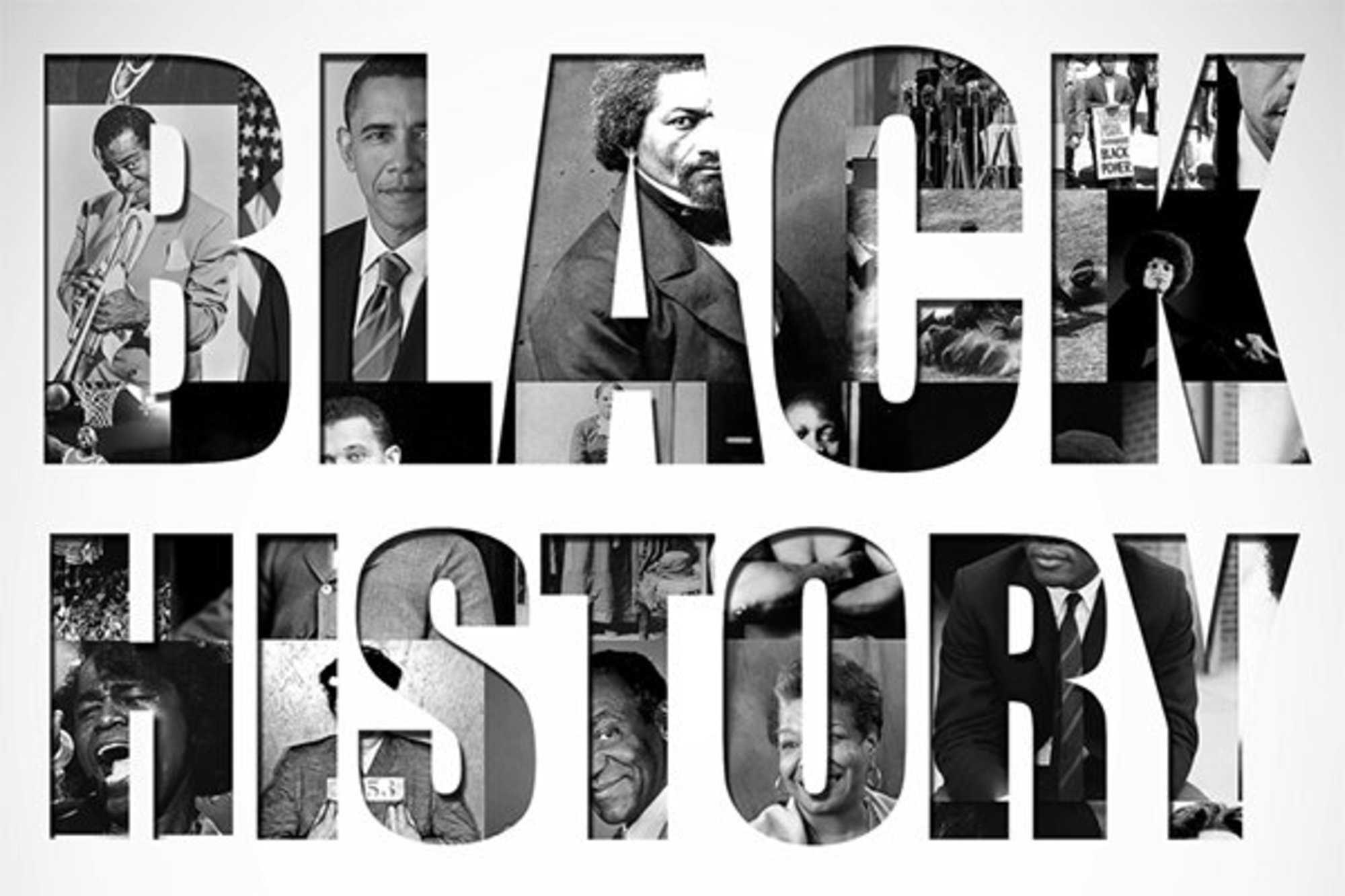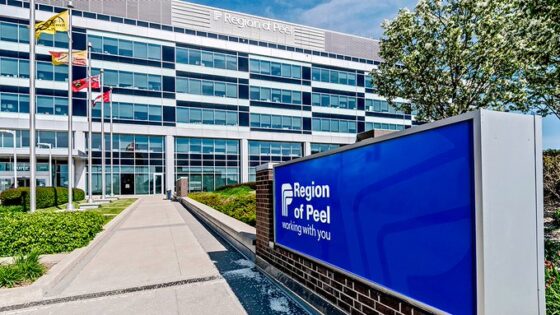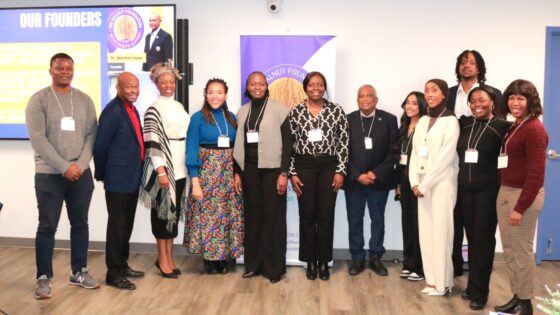on
BY: JELANI GRANT
TD Bank Group is hosting its Black History Month Media Day on January 23 and has announced their list of sponsored BHM events this year. Headlining events this year are the ROM-original exhibition ‘Here We Are Here’: Black Canadian Contemporary Art, two new exhibits at the Power Plant Contemporary Art Gallery by artists who live overseas, ‘Of Ourselves’ presented by Wedge Curatorial Projects, the 6th Annual Toronto Black Film Festival, and the 3rd Annual Black Diamond Ball.
The 6th Annual Toronto Black Film Festival runs from Feb 14-19, showcasing outstanding and powerful Black films including the Canadian Premiere of Nancy Buirski’s documentary feature The Rape of Recy Taylor. “It is important for us to shed the light on this part of history, the climate that we’re in and the unprecedented transformational #MeToo movement that is empowering more women to speak up,” said Colas. The Fabienne Colas Foundation created TBFF in 2013, the Montreal International Film Festival, formerly the Montreal Haitian Film Festival, was founded in 2005.
Wedge Curatorial Projects presents ‘Of Ourselves’ at the Gladstone Hotel from Feb 1-24. Curated by Emilie Croning and Hannah Traore, Of Ourselves, examines the complexities of the Black experience and explores African-American writer and activist, W.E.B. DuBois’ concept of ‘double consciousness’. The opening reception and launch party will be on February 2nd. February 9th is scheduled for a panel discussion, and on February 20th there will be an Artist Talk.
Visual artist Michèle Pearson Clarke is one of the artists presenting her current project at the Royal Ontario Museum as part of the new exhibit for BHM. Clarke said she will be “using the oral gesture of sucking your teeth which is itself an expression of frustration.” The exhibit, scheduled to open Jan 27th, will feature the works of nine artists in total, exploring Black culture and identity in Canada.
To celebrate BHM the Power Plant Gallery will unveil two new exhibits intended to celebrate artists from around the world, as they draw connections from their own histories to themes pertinent to Canada’s current social and political landscape. The artists are French-born Kader Attia and Nigerian-born Emeka Ogboh’s whose works deal with the issues of slavery, reconciliation, emotional and psychological scars, nationality, and belonging. ‘The Field of Emotion’ will be Attia’s first solo exhibit in Canada, illustrating people’s irreparable traumas and the need to fix what is broken. Emeka Ogboh’s ‘The Song of the Germans’ will demonstrate how private, public, and collective memories and histories are translated, transformed and encoded into sound through his audio instillations. Both exhibits will be open Jan 27th and will continue to be on display until May.
The 3rd annual Black Diamond Ball is scheduled for Feb 24th. The musical headliner and line-up for the highly anticipated event were revealed at the BHM Media Day on Jan 23rd. Those interested in attending most likely already locked down their tickets as last year’s ball sold out in no time. Additionally, Brandy was the special guest last year so the hype for this year’s ball is not to be underestimated. BDD founder Shawn Cuffie sent out a warning on Rudy Blair Entertainment Media to get tickets as early as possible. “You got to get your tickets, people always wait and then all of sudden in one week they just go,” he said.
Though these are the major events sponsored by TD, there are a number of other events anyone in Toronto can enjoy. BHM at the Toronto Public Library will be on the 1st of the month at the Toronto Reference Library. Imbola Mbue, Donisha Prendergast, Robyn Maynard, Joy Lapps-Lewis and Desmond Cole and Canada’s Poet Laureate George Elliot Clark will lead the kick-off event to celebrate black history. Zuumba, which has been running at Harbourfront Centre Theatre for more than twenty years, will work with Black Lives Matter, Women’s Empowerment and The Invisible Majority to discuss issues currently affecting the community. On Feb 8th the Toronto Raptors’ President Massai Ujiri, Canadian hip-hop legend Maestro Fresh Wes, Pride Executive Director Olivia Nuamah, youth activist Aisha Addo, social justice advocate Anthony Morgan and writer Kim Katrin Milan will host Raising Our Voices. The free event will be a night of cocktails, canapés, and storytelling presented by Historica Canada. Other events include the Tribute to the Legends of Reggae 2018 on Feb 17th, honoring distinguished reggae icons with tons of musical performances. Also, the Portraits, Patterns, Possibilities: A Black Canadian Trilogy event will mark three milestones in black history on Feb 23rd, recognizing the slave who was the catalyst for the introduction into the Act Against Slavery Chloe Cooley, the first woman publisher in Canada Mary Ann Shadd, and NHL barrier breaker Willie O’Ree.
Stay in the loop with exclusive news, stories, and insights—delivered straight to your inbox. No fluff, just real content that matters. Sign up today!













